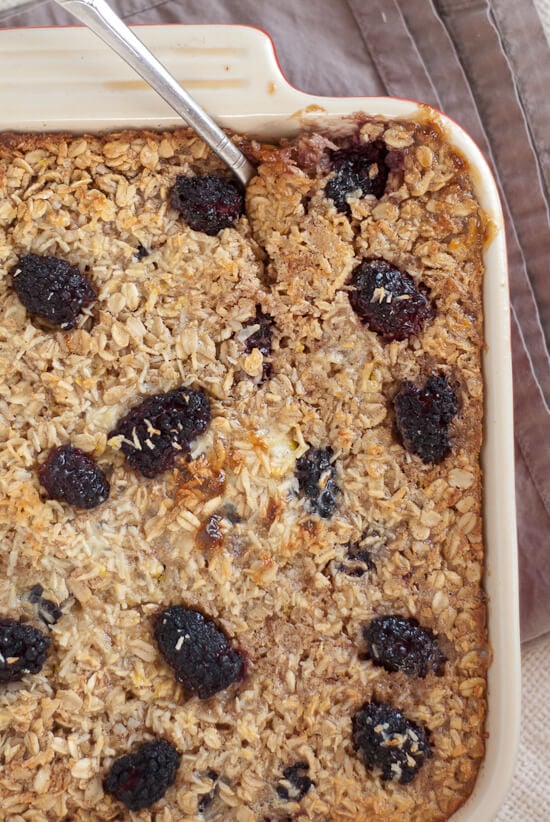Blueberries: Important Facts, Health Benefits, and Recipes
Discover the health benefits of blueberries, their history, and culinary uses in our ultimate guide, and learn how to incorporate this superfood into your daily diet.
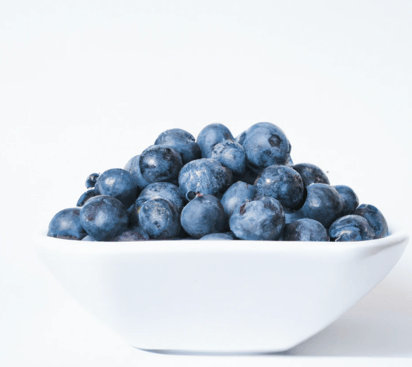
Best Blueberries Recipes
-

-

-
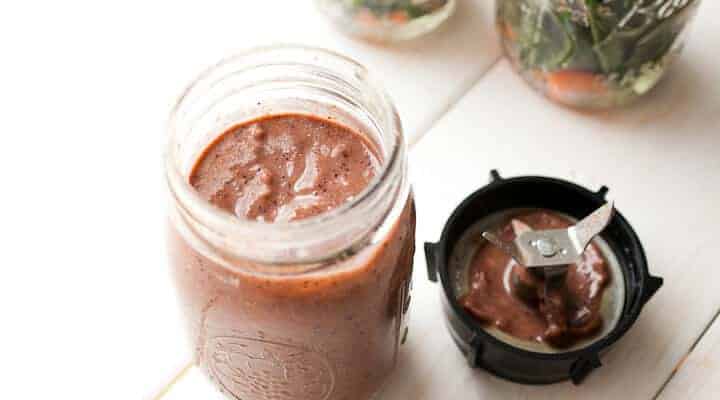
-

-

-
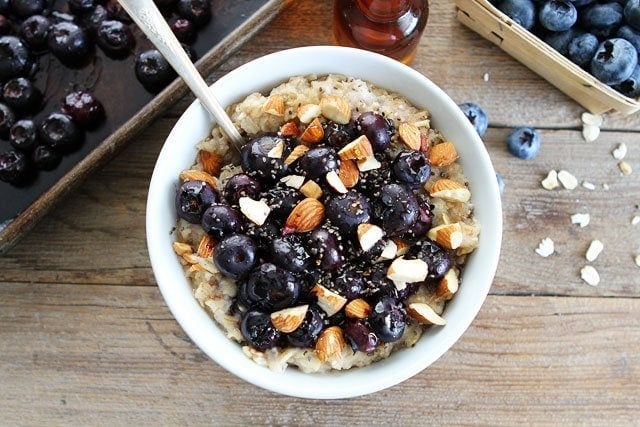
-

-
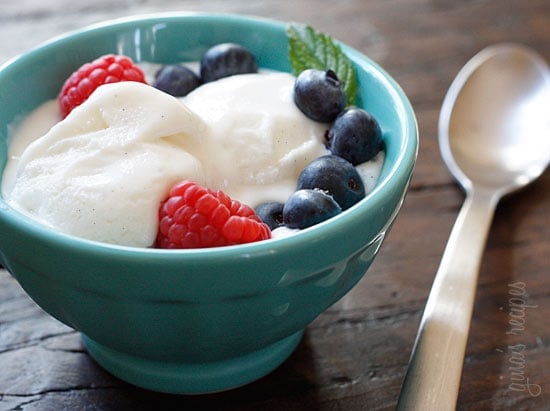
-
![Low Fat Whole Wheat Blueberry Muffins Image]()
-
![Blueberry Peach Crisp Image]()
-
![Mixed Baby Greens with Blackberries, Pecans and Champagne Vinaigrette Image]()
-
![Moist Blueberry Lime Loaf Cake Image]()
-
![Fluffy Japanese Cheesecake Image]()
-
![BLT Roll Ups with Turkey and Avocado Image]()
-
![No Bake Skinny Blueberry Cheesecake Parfaits Image]()
-
![Strawberry Blueberry Crumble Image]()
-
![Fruit Confetti Popsicles Image]()
-
![Berry Lemon Trifle Jars Image]()
-
![Cornmeal Blueberry Drop Scones Image]()
-
![Maple Blueberry Muffins Image]()
-
![Chocolate Dipped Waffle Cone Fruit and Yogurt Cups Image]()
-
![Patriotic Trifles Image]()
-
![Easy Summer Fruit Kebabs Image]()
-
![Fruit Chocolate Hummus Platter Image]()
-
![Pecan Berry Green Salad Recipe Image]()
-
![Easy Watermelon Skewers Image]()
-
![Coconut Curd Fruit Platter Image]()
-
![Star-Spangled Salad Image]()
-
![Gluten-Free Almond Cake with Berries on Top Image]()
-
![No-Bake Greek Yogurt Tart Image]()
-
![Healthy Blueberry Muffins Image]()
-
![Summertime Fruit Salad Image]()
-
![Blueberry Baked Oatmeal Image]()
-
![Blueberry Honey Bran Muffins Image]()
-
![Roasted Berry and Honey Yogurt Popsicles Image]()
-
![Blueberry Almond Crisp Image]()
-
![Baked Oatmeal with Blackberries & Coconut Image]()
-
![Chicken Salad Croissant Sandwiches Board Image]()
-
![Blueberry Bread Image]()
-
![Lemon Poke Cake Image]()
-
![Blueberry Oatmeal Bars Image]()
-
![Red White and Blue Quinoa Fruit Salad Image]()
-
![Salami Blueberry Pepperoncini Rollups Image]()
-
![Blueberry Pop Tarts Image]()
-
![Sheet Pan Pancakes Image]()
-
![Frozen Berry Chocolate Yogurt Bark Image]()
-
![Homemade Angel Food Cake Image]()
-
![Easy Blueberry Bars Image]()






























